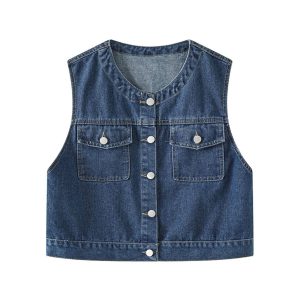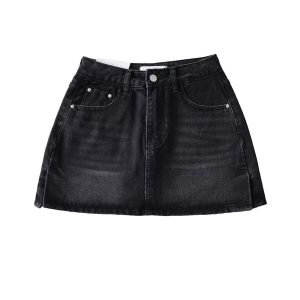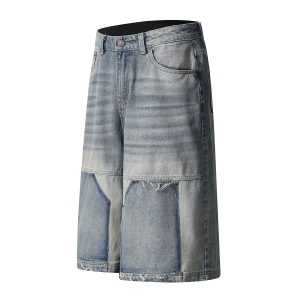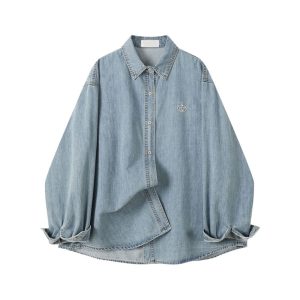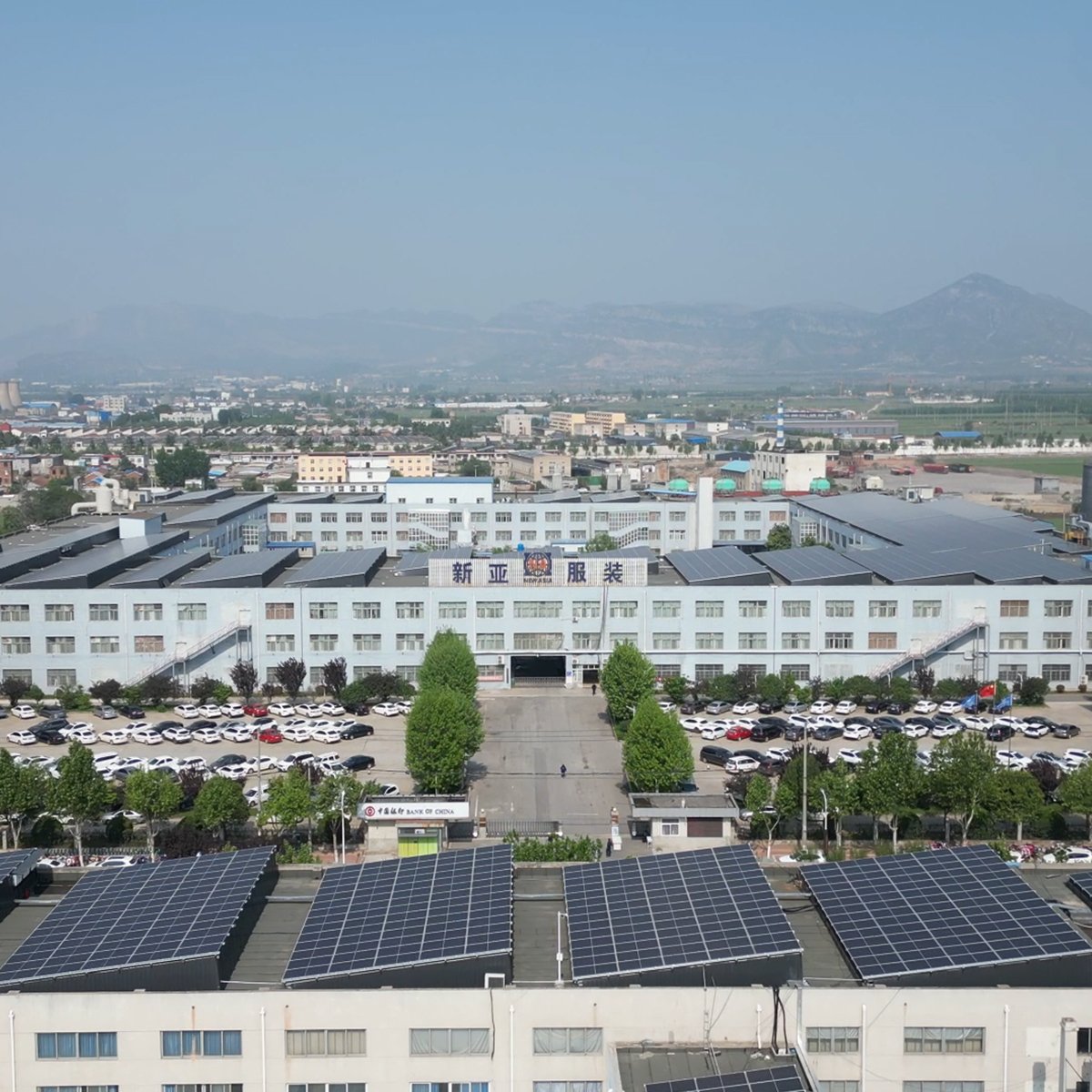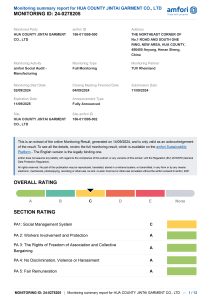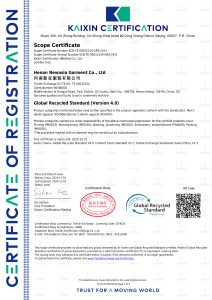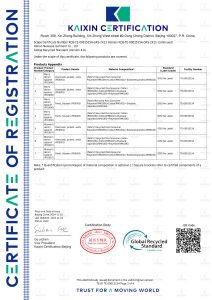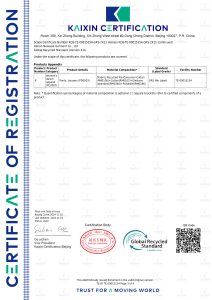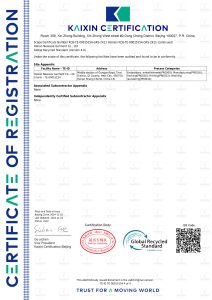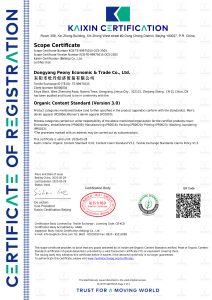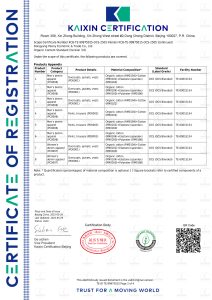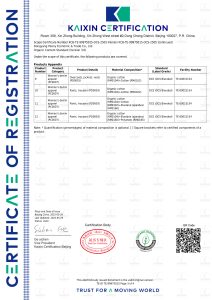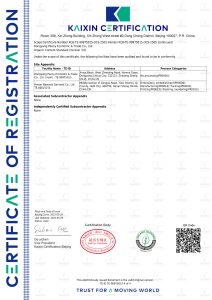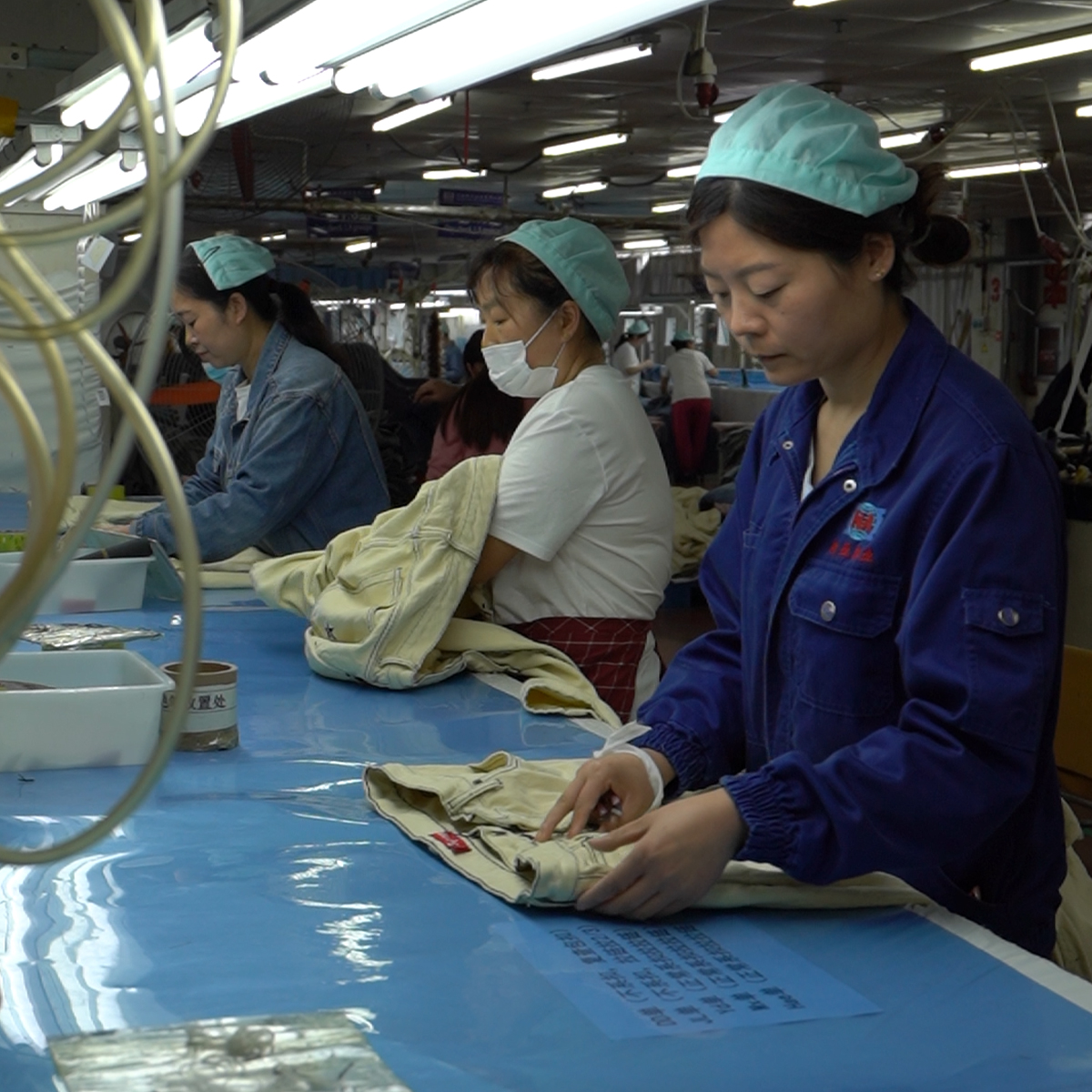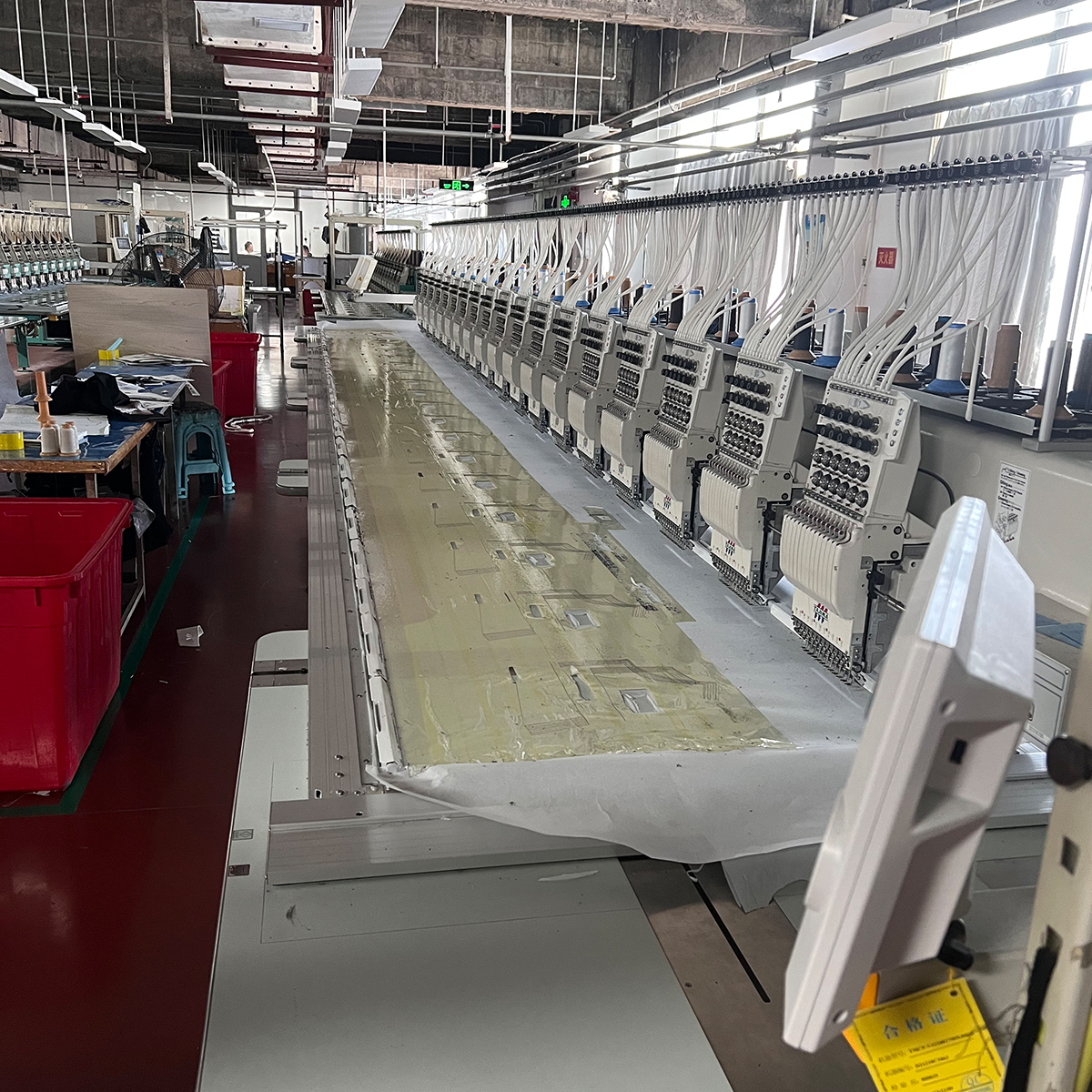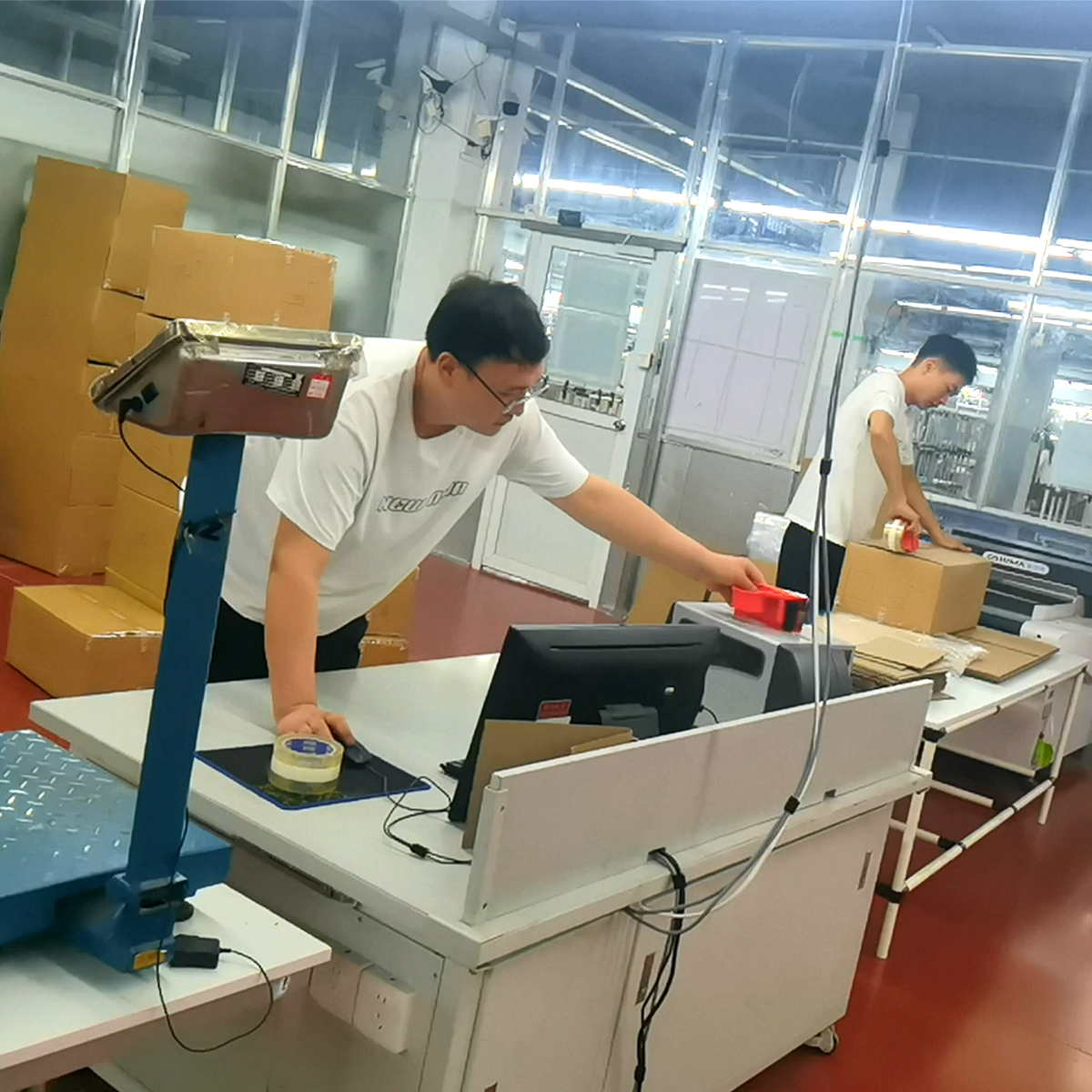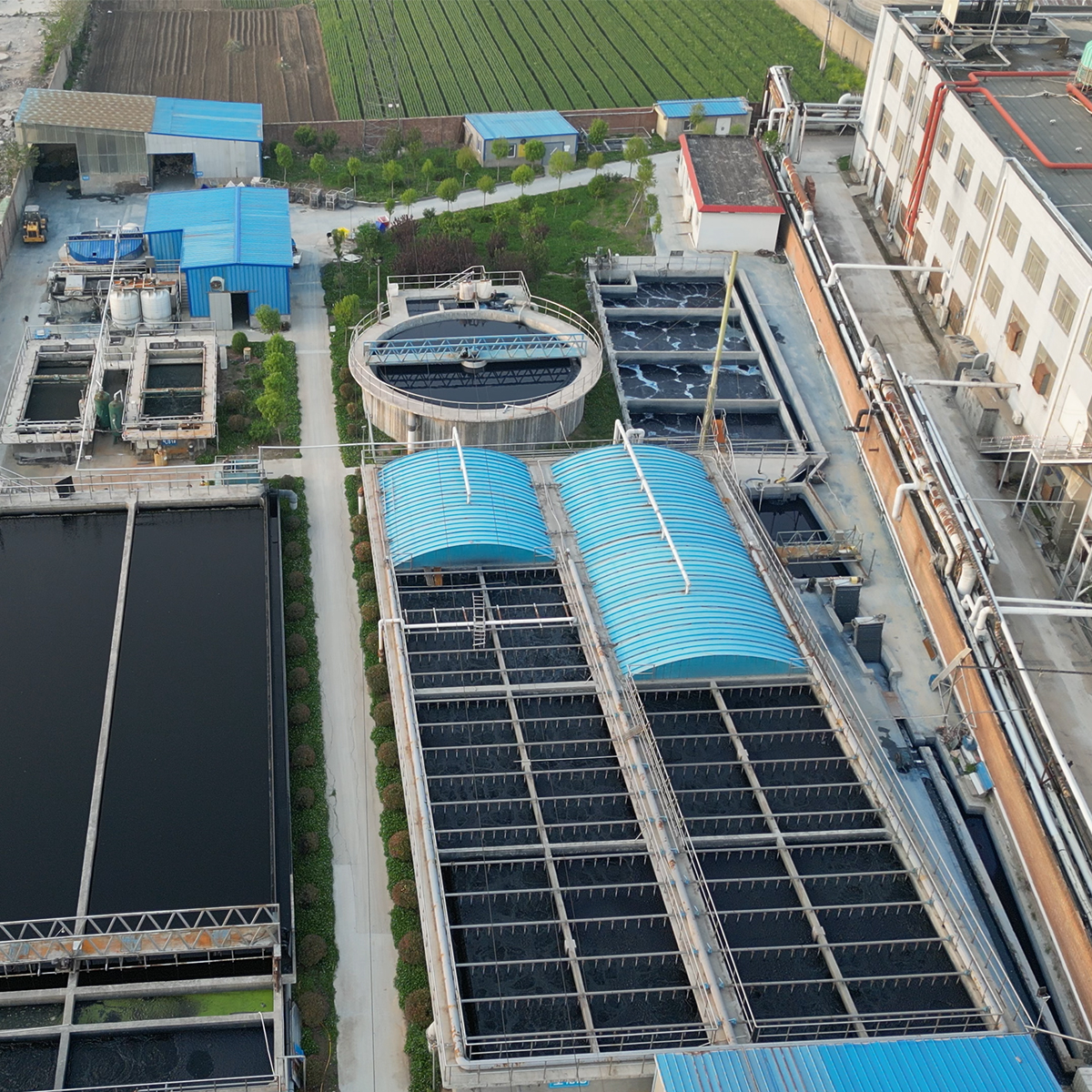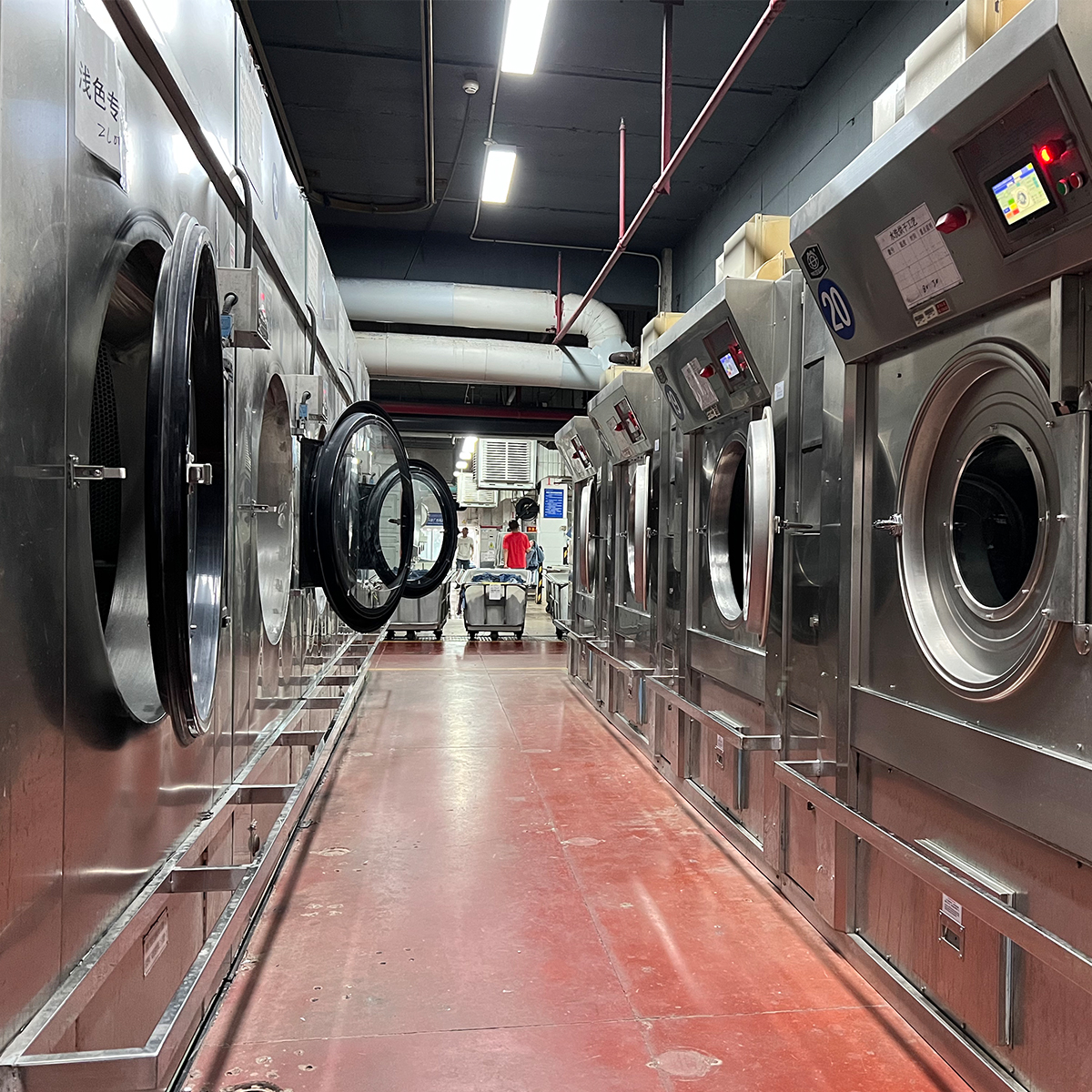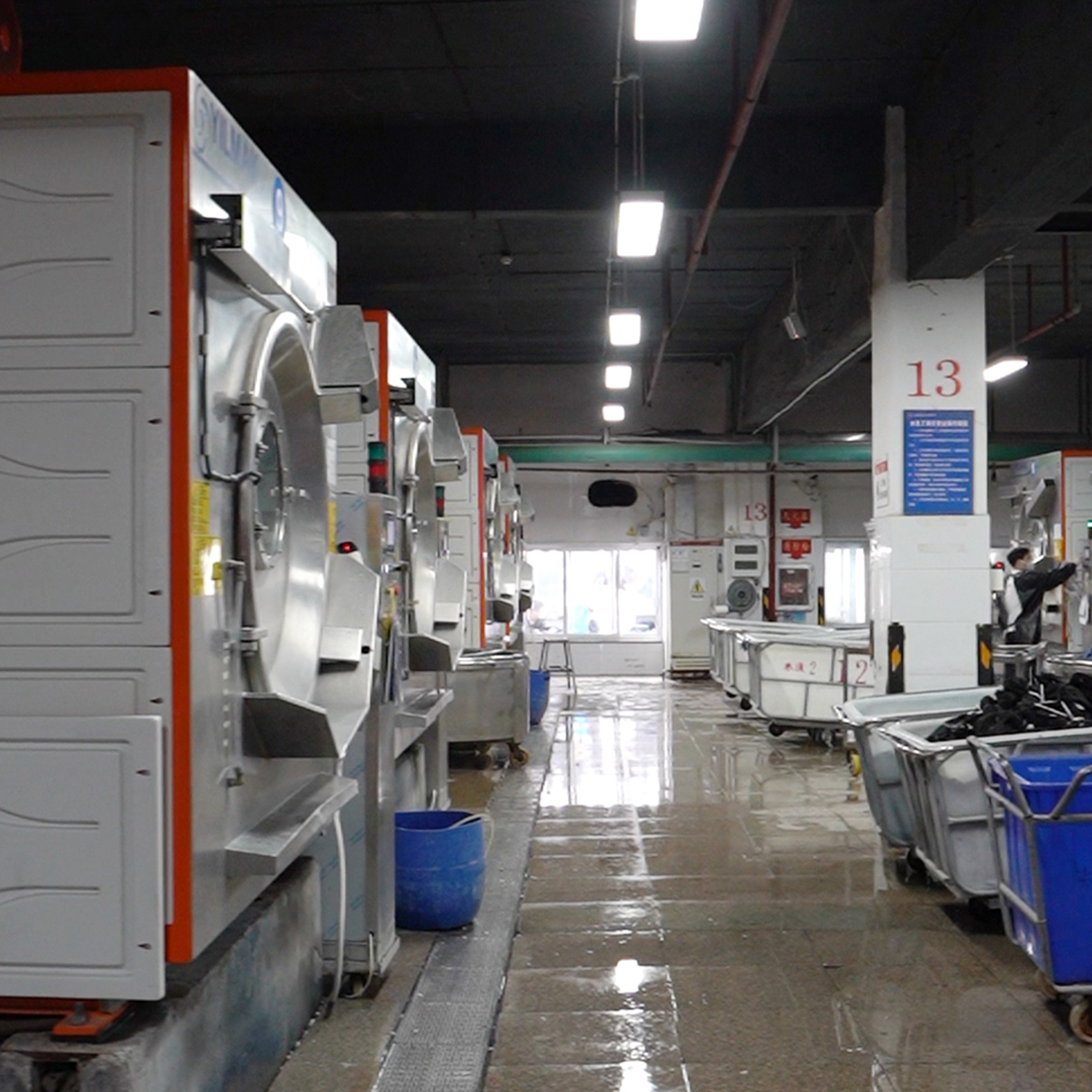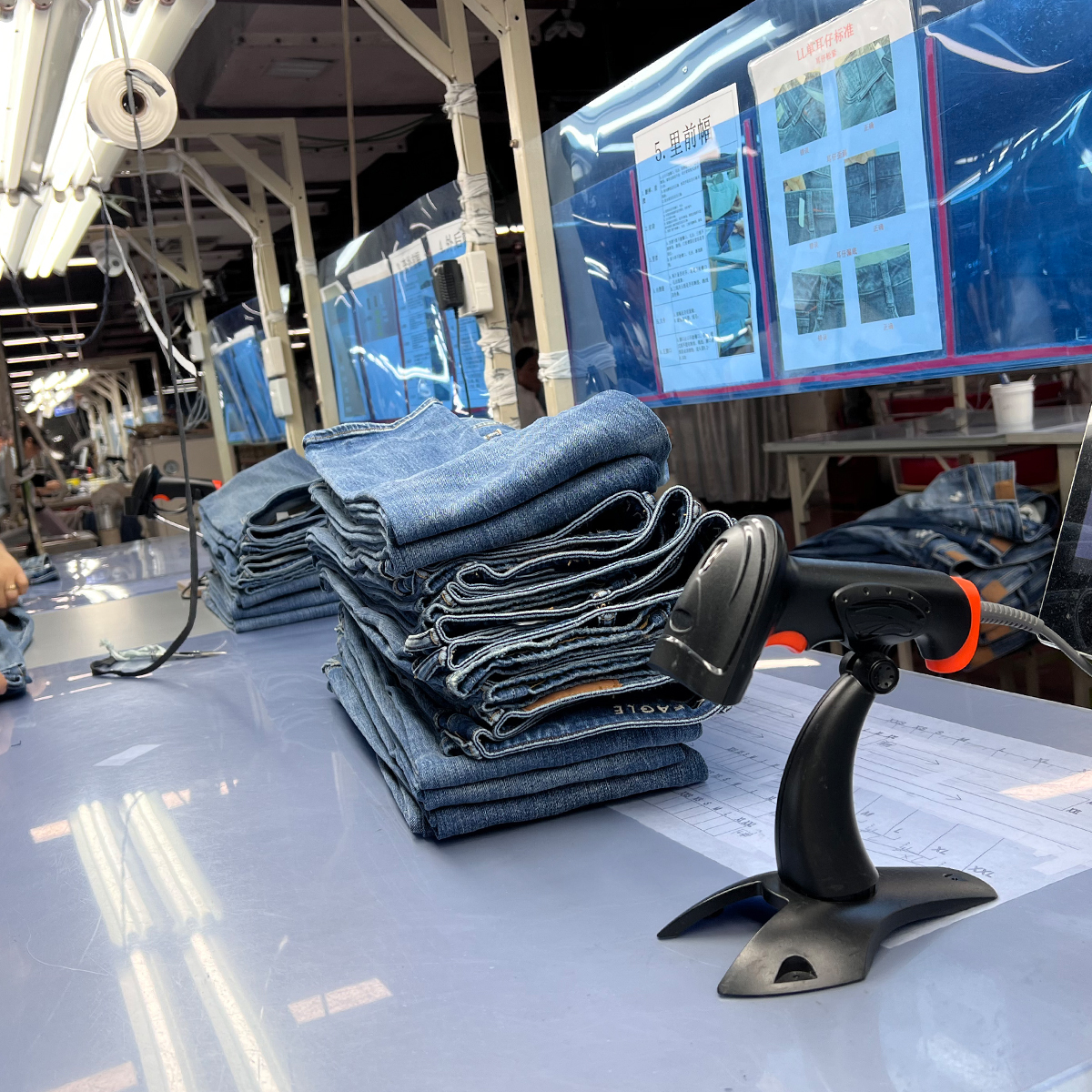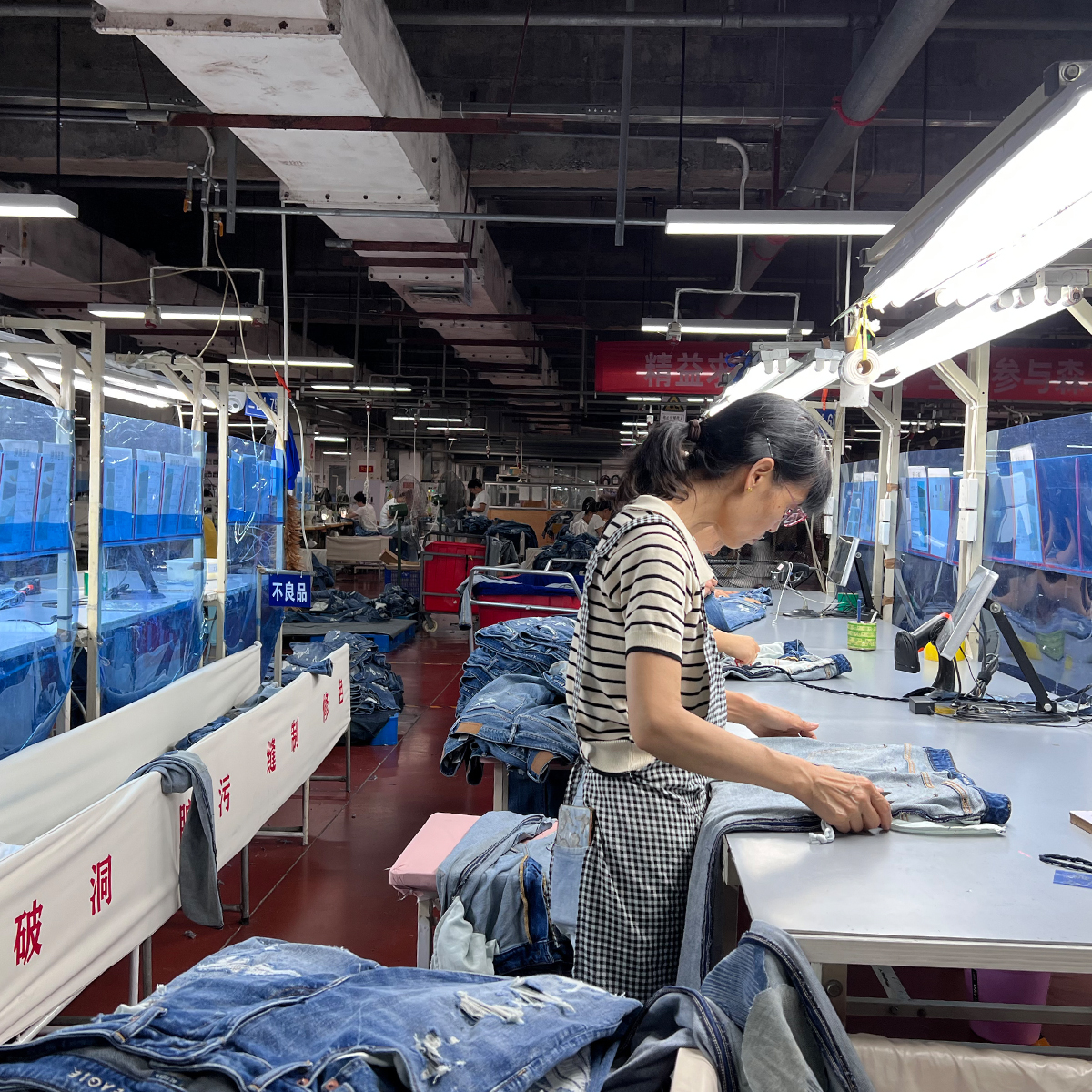Bangladesh has emerged as one of the leading players in the global denim market in recent years. The emergence of this South Asian nation as a key producer of jeans reflects broader trends in the textile and apparel industry, as well as the unique cultural and economic factors at play within the country. In this article, we will delve into the key aspects that have contributed to the growth of jeans manufacturers in Bangladesh, examine some of the prominent companies in the sector, and explore how the industry can continue to thrive amidst evolving market conditions.
The Historical Context of Denim Production in Bangladesh
Bangladesh’s journey in denim production began in the late 20th century. Initially, the textile industry focused on basic garments, largely driven by a domestic market. However, foreign investments and the liberalization of trade policies paved the way for the expansion of the denim garment sector. By the early 2000s, Bangladesh began to establish itself as a significant exporter of denim products, attracting brands worldwide, including fashion giants such as Levi’s, H&M, and Zara.
Factors Driving the Growth of the Jeans Manufacturing Industry in Bangladesh
1. Cost-Effectiveness
One of the primary factors that have propelled Bangladesh into the denim spotlight is its cost-effective production capabilities. With lower labor costs compared to other countries such as China and India, manufacturers can offer competitive pricing to global brands. This affordability does not compromise quality, as many Bangladeshi manufacturers have invested in advanced technology and skilled labor force to enhance their production processes while maintaining high-quality standards.
2. Skilled Workforce
Bangladesh boasts a large pool of skilled workers in the textile industry. The country has a rich tradition of weaving and textile production, which has transitioned into the modern garment sector. Local universities and vocational institutions now offer specialized courses in fashion design, textile engineering, and garment manufacturing, further bolstering the skill set of the workforce.
3. Export-Friendly Trade Policies
The government of Bangladesh has actively promoted export-oriented policies, offering various incentives to encourage foreign investment in the textile sector. Duty-free access to many markets, including Europe and North America, has made the country an appealing location for global brands looking to source denim products cost-effectively.
Notable Jeans Manufacturers in Bangladesh
Several manufacturers have played a pivotal role in putting Bangladesh on the map as a denim hub. Each company has cultivated strong relationships with international retailers, showcasing their capacity for quality and innovation.
1. Beximco
Established in 1973, Beximco Group has become a significant player in the textile and denim market. With state-of-the-art facilities and a commitment to sustainability, Beximco has developed a strong reputation among international brands. The company exports denim fabrics and garments to various countries and is known for its focus on eco-friendly practices, such as using waterless dyeing technologies.
2. Square Fashions
Square Fashions, part of the Square Group, is another major manufacturer recognized for its high-quality denim products. They cater to a diverse clientele, producing everything from basic jeans to premium denim for top international brands. The company’s emphasis on innovation and quality control has made it a preferred partner for many brands.
3. Ananta Group
Ananta Group operates several factories dedicated to producing denim garments exclusively. The company specializes in producing high-quality jeans and has gained prominence in the global market. Ananta’s commitment to corporate social responsibility and sustainable practices has resonated well with modern consumers and brands alike.
Challenges Facing Jeans Manufacturers in Bangladesh
While the potential for growth in the Bangladeshi denim industry is promising, it is not without its challenges. Manufacturers face various issues that can impact their operations and competitiveness.
1. Political Instability
Political unrest can be a significant obstacle for manufacturers in Bangladesh. Frequent strikes and blockades have historically disrupted production schedules and delivery timelines, affecting the ability of manufacturers to meet international orders on time. A stable governmental framework and policies are crucial to safeguarding the interests of the industry.
2. Environmental Concerns
The denim production process can be resource-intensive, resulting in significant environmental impacts. Issues such as water pollution, excessive water usage, and waste management are prominent challenges that manufacturers must address. More and more global brands are demanding sustainable practices, and failure to comply can jeopardize relationships with clients who prioritize corporate responsibility.
3. Competition
As the global demand for denim continues to grow, competition in the market has intensified. Manufacturers from countries such as Vietnam, India, and Turkey are also vying for the attention of international buyers. To maintain a competitive edge, Bangladeshi manufacturers must adapt to market trends, invest in technology, and explore niche markets.
The Future of Bangladesh’s Denim Industry
Looking ahead, the future of the denim manufacturing industry in Bangladesh appears bright, provided that manufacturers can navigate the challenges they face. Innovation, sustainability, and adaptability are likely to be pivotal themes as the industry evolves in response to consumer preferences and market demands.
Investment in sustainable practices is becoming increasingly essential for manufacturers striving to meet the expectations of conscientious consumers. Brands and manufacturers that prioritize eco-friendly production methods—such as recycled denim fabrics, reduced water usage, and non-toxic dyes—are likely to gain competitive advantages in the market.
Moreover, leveraging technology in production processes will enable manufacturers to increase efficiency and enhance product quality. Embracing automation and digital technologies will help in streamlining operations, reducing lead times, and ultimately meeting the fast-paced demands of the fashion industry.
In conclusion, Bangladesh is poised for continued growth in the jeans manufacturing sector. With its strong manufacturing base, skilled workforce, and concerted efforts towards sustainability, the country can solidify its position as a global hub for denim production, appealing to brands and consumers alike. As the world embraces fashion’s future, Bangladesh’s jeans manufacturers are well-equipped to meet the challenges and opportunities that lie ahead.



